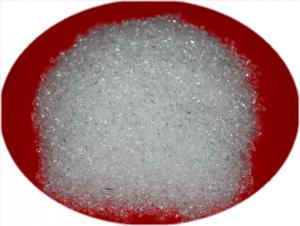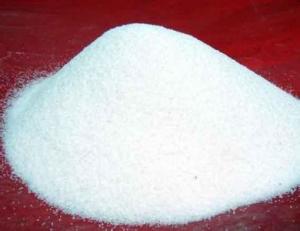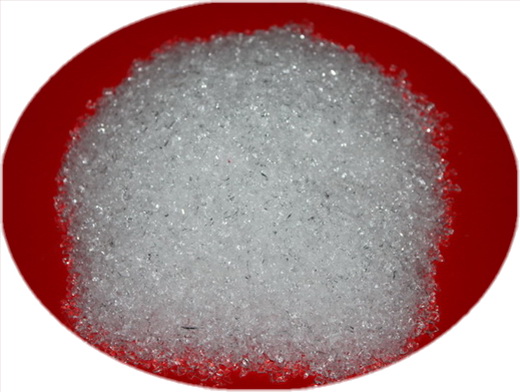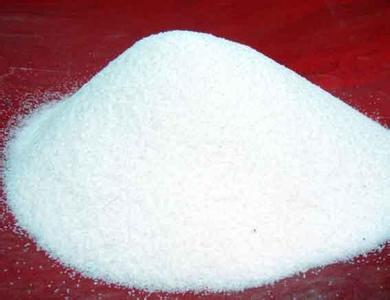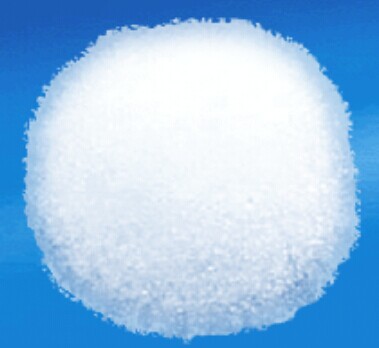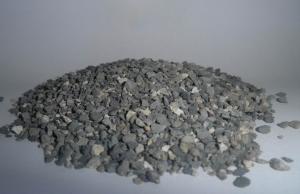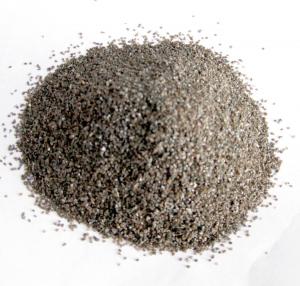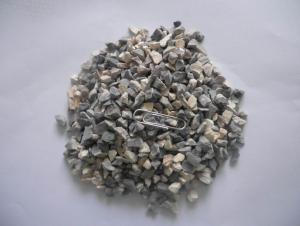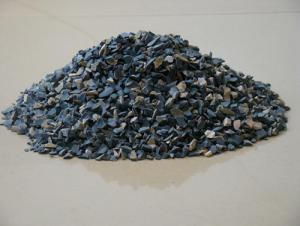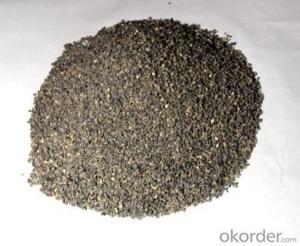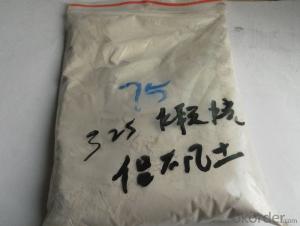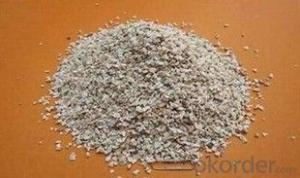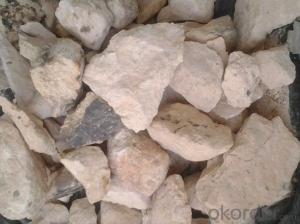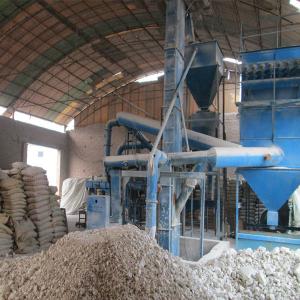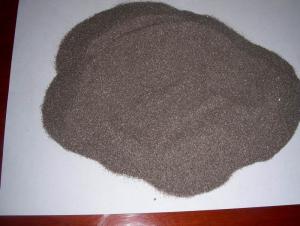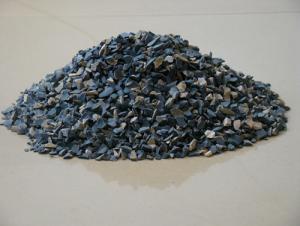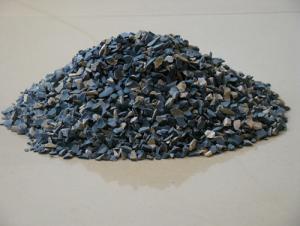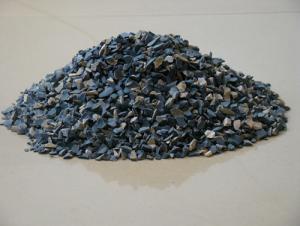Raw Materials for Refractory - Fused Silica Powder 270mesh
- Loading Port:
- China Main Port
- Payment Terms:
- TT OR LC
- Min Order Qty:
- -
- Supply Capability:
- -
OKorder Service Pledge
OKorder Financial Service
You Might Also Like
PRODUCT INFORMATION | |
Item | Fused Silica Powder |
Size | D50=9~11um |
Application | Epoxy insulation encapsulant material / Epoxy Molding Compound (EMC), Copper Clad Laminate (CCL), Electromagnetism Industry, Electronic Industry, Ceramic Industry, The Aerospace Industry, Glass Industry, Plastics Industry, Grinding Material Industry, Coating Industry, Investment Casting Industry, Thermal Insulation Product of Calcium Silicate, Refractory Material |
Model No. | R610 |
MOQ | 5 ton |
Material | natural silica rock after melting |
H.S. CODE | 25061000 |
PRODUCT CHEMICAL COMPOSITION AND PHYSICAL PROPERTIES | |
SiO2 | >99.99% |
Al2O3 | <0.015% 1000ppm |
Fe2O3 | <0.002% 50ppm |
Density | 2.2 |
Whiteness | >92% |
Moisture content | <0.05% |
Mohs hardness | 6.5 |
Igniting loss | <0.12% |
Appearance | powder |
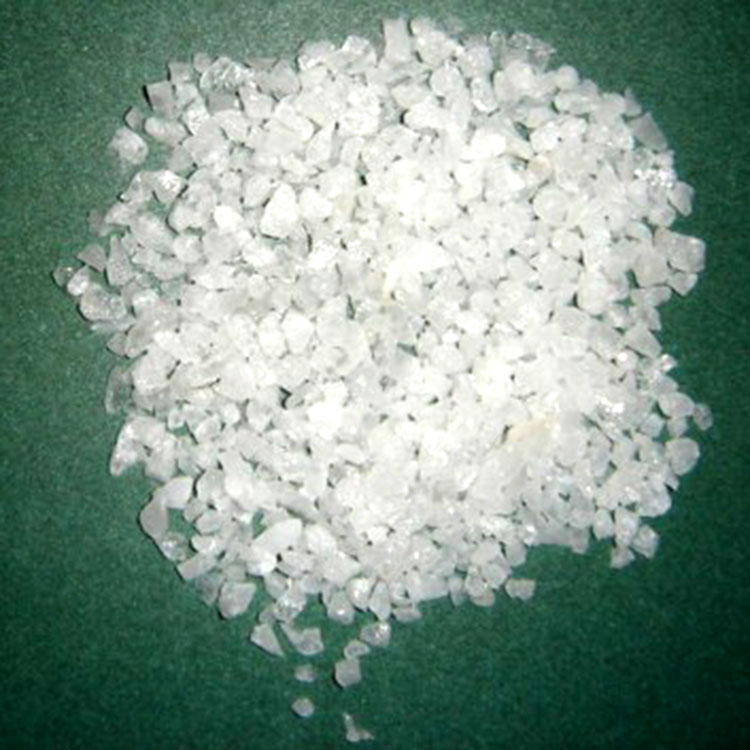
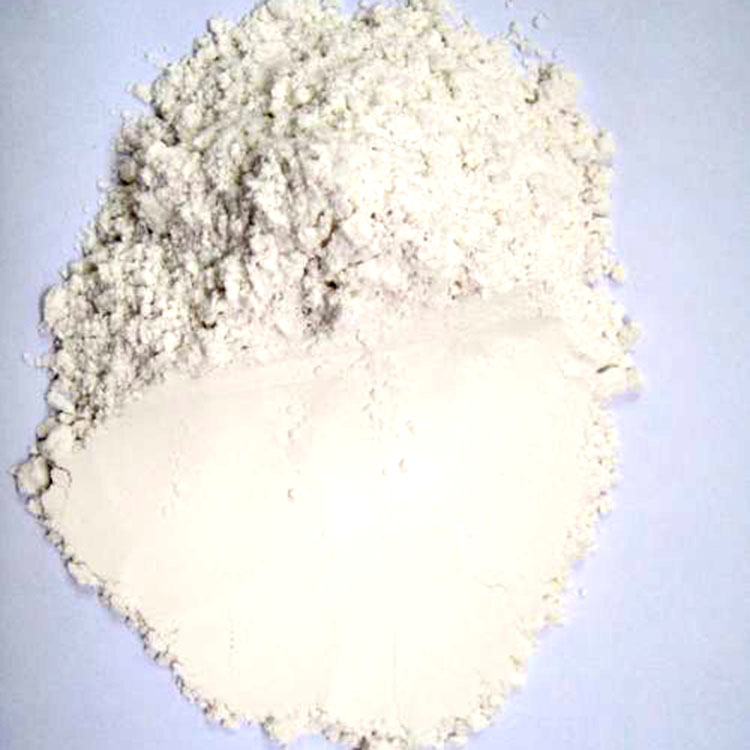
- Q: Which company needs the new refractories?
- The power plants are mainly used in steel plant, lime kiln, coking plants, boilers, etc. I will try my best to answer what I can. There are too many glassworks. You can tell me more anout what you need. As long as there is a large kiln business, the refractories and aluminum manufacturer are needed.
- Q: Procedures for producing common refractory materials?
- The general procedures of producing refractory materials include calcination of raw materials, selection of raw material , crushing, grinding, screening, mixing, ageing mixture, molding, drying, burning and etc. At present, the refractory factory usually purchases the calcined clinker, so the calcination of raw material is no longer a consideration of common refractory plants.
- Q: What is the fire endurance of ceramsite concrete blocks?
- The fire endurance of 240mm thick ceramsite concrete blocks is 2.9 hours. It is made by adding pottery into fine aggregate, using cement as binding material, by mechanical mixing, molding machinery and natural protection. Ceramsite building blocks are used as wall material, which can reduce workers' labour intensity. It saves work and material. There is no empty drum during rendering. It is not easy to produce fissure. It has sound insulation, good thermal insulation performance, and is convenient to decorate. Nails, expaned setscrew and no wood anvil can be directly hit into wall. Moreover, It has high firmness.
- Q: What are the basic requirements of continuous casting for molten steel? What are the requirements for refractory materials?
- Refractories for continuous casting is an important part of the continuous casting machine, in addition to the characteristics of general refractory material, also for the purification of molten steel and improve the steel quality, stable molten steel temperature and composition, control and regulate the flow of the molten steel and other functions, so it is called functional refractories. The above is provided by the China Technology Department
- Q: How to divided the grade of external wall thermal insulation materials?
- Synthesized the three versions of GB8624 (1997,2006,2011), external wall thermal insulation fire?rating can be basically divided into: A1, A2, B1, B2, B3 and other levels. There are many technical indicators to make specific division, but I partly cannot report for a while, because it is very professional and technical. I hope I can help you!
- Q: What are fireproofing materials?
- Plants often use the fireproof sealing material with steel structures without much modification. All the panels that meet the first-order fire protection requirements can be fireproofing materials. Like gypsum boards, aluminum sheets and so on. . Coatings are usually those with fine powder, high density and good sealing. Hardeners mainly depends on specific requirements. .
- Q: Does the refractory material used in steelmaking all refer to refractory brick?
- Besides refractory brick, it also refers to unshaped refractories like fire clay and castables.
- Q: Development trend of refractory industry
- In recent years, great changes have taken place in the world refractory industry. On the one hand, because of the improvement of technology and equipment and refractories own industrial users of technology progress, and refractory material consumption decreased year by year; in the past 20 years, the average annual consumption per ton of steel refractories decreased about 5 kg. The forecast for the next 5 years the average annual consumption per ton of refractory materials will drop to 0.5-1.0 kg range. The trend of globalization is obvious, and the competition is so fierce that the varieties of refractory materials are diversified, and the performance and quality are obviously improved. The service consciousness and ability of the refractory enterprises are strengthened for the users. Many lack of competitiveness, no modern enterprise management awareness of SMEs have been bankrupt, mergers and acquisitions surging. The production of refractories in developed countries is much higher than the cost of developing countries at the same time, due to more stringent environmental requirements, forcing them to produce only export high value-added products or technology, and bulk products, labor-intensive production shifted to developing countries. Because of its unique advantages of raw materials and labor cost advantages, there is no doubt that China will have more opportunities
- Q: How many levels are there in the classification of PP fireproof materials?
- The level of fireproof materials: A-level: Non-combustible building materials have rare chance to burn. A1-level: Non-combustible materials, no open fire A2-level: Non-combustible materials, smoke should be tested and qualified. B1-level: Fire-retardant building materials: Fire-retardant materials are good at resisting flame. It is difficult for them to burst into fire when coming across open fire in the air or at high temperature. It will not quickly get wilder and when the fire source removes, it will be extinguished immediately. B2-level: Combustible building materials: Combustible building materials can play a certain role in preventing combustion. It will immediately burst into flames when coming across open fire or at high temperature, and will lead to fire spreading, such as wooden pillars, roof frames and beams as well as stairs. B3-level: Inflammable building materials are highly flammable with no flame retardant ability, fire risk is high.
- Q: How do refractory materials apply into pyrophyllite?
- When it is sized, add some clinker and after calcination, aggregate will be finished. From: turn to help
Send your message to us
Raw Materials for Refractory - Fused Silica Powder 270mesh
- Loading Port:
- China Main Port
- Payment Terms:
- TT OR LC
- Min Order Qty:
- -
- Supply Capability:
- -
OKorder Service Pledge
OKorder Financial Service
Similar products
Hot products
Hot Searches
Related keywords
